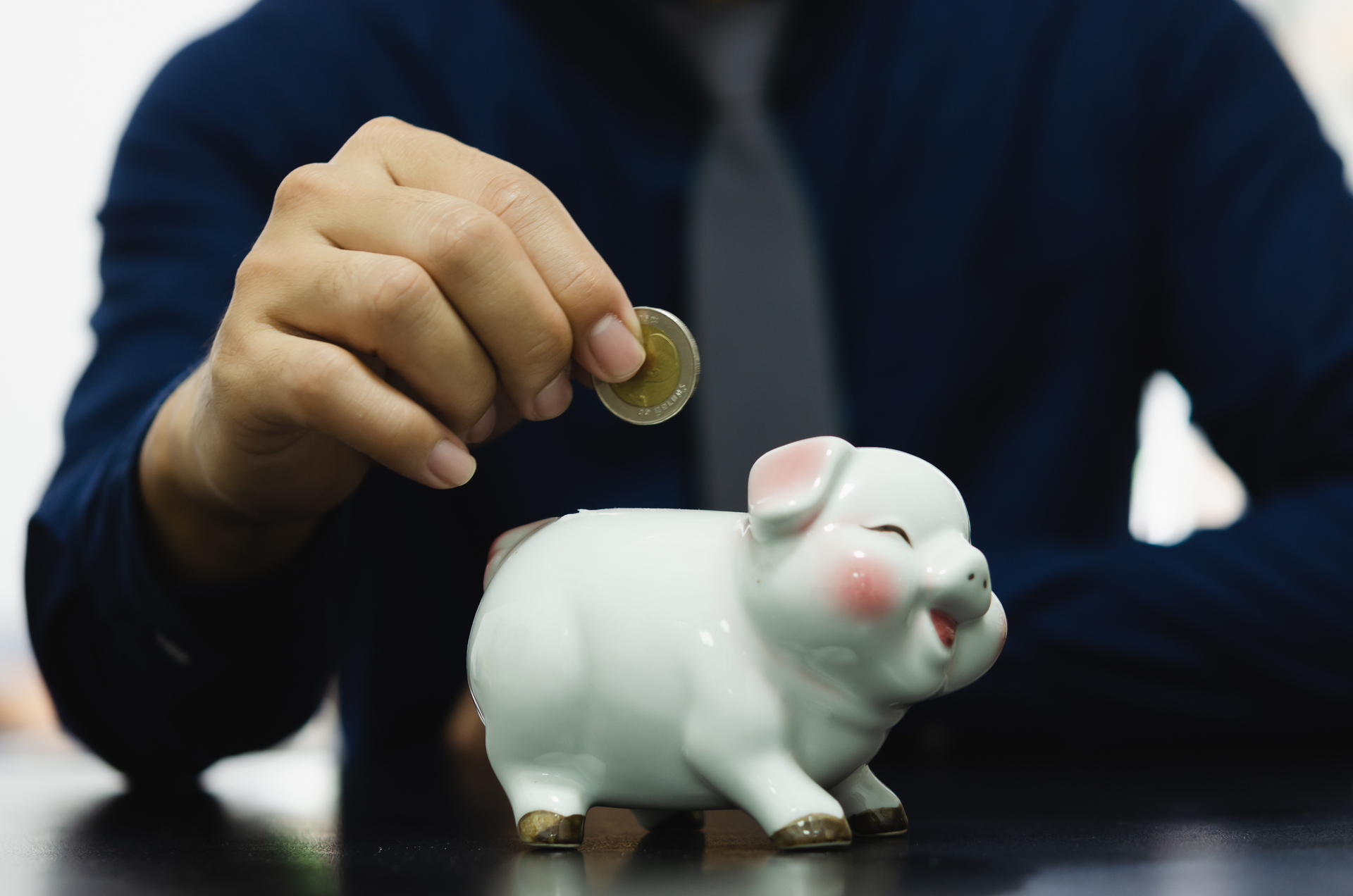Emergency Funds 101: Why You Need One and How to Build It

In a world where financial stability is essential, having an emergency fund is a fundamental aspect of financial planning. This article will explore the importance of building an emergency fund and provide practical tips on how to create one. By understanding the value of an emergency fund, you can take the necessary steps to protect yourself and your family from unforeseen financial challenges.
What is an Emergency Fund?
An emergency fund is a savings account specifically set aside for unexpected expenses, such as medical emergencies, car repairs, or sudden job loss. This fund acts as a financial safety net, helping you avoid resorting to high-interest debt options, such as credit cards or payday loans, during a crisis.
Why You Need an Emergency Fund
-
Financial Stability: Life is unpredictable, and unexpected events can put a strain on your finances. An emergency fund provides a cushion that can help you maintain your financial stability during difficult times.
-
Reduced Stress: Knowing you have a safety net in place can reduce financial stress and anxiety, allowing you to make rational decisions and focus on resolving the situation.
-
Avoid High-Interest Debt: Without an emergency fund, you may be forced to rely on high-interest debt options, such as credit cards, personal loans, or payday loans. These debt options can lead to long-term financial struggles.
-
Maintain Good Credit: By having an emergency fund, you can avoid missing bill payments or taking on additional debt, which can negatively impact your credit score.
-
Financial Independence: An emergency fund can help you achieve financial independence by providing a buffer that allows you to handle unexpected expenses without relying on family, friends, or government assistance.
How Much Should You Save?
Financial experts typically recommend having three to six months' worth of living expenses in your emergency fund. However, this amount can vary depending on your individual circumstances, such as your job stability, insurance coverage, and support system. Consider these factors when determining the right amount for your emergency fund:
-
Job Stability: If you work in an industry with high job security or have multiple sources of income, you may need a smaller emergency fund. Conversely, if you work in a volatile industry or are self-employed, a larger emergency fund may be necessary.
-
Insurance Coverage: Comprehensive insurance coverage can reduce the need for a large emergency fund. For example, if you have health, disability, and homeowners or renters insurance, you may be able to cover many unexpected expenses through your insurance policies.
-
Support System: If you have a strong support system, such as family or friends who can help you in a financial emergency, you may require a smaller emergency fund. However, it is still important to have some savings to avoid burdening others during a crisis.
How to Build an Emergency Fund
Building an emergency fund may seem daunting, but breaking it down into smaller, manageable steps can make the process easier. Here are some tips to help you start and grow your emergency fund:
-
Set a Goal: Begin by determining the ideal amount for your emergency fund based on your unique circumstances. Having a clear goal in mind can keep you motivated and focused on your savings progress.
-
Open a Separate Account: To avoid the temptation of using your emergency fund for non-emergency purposes, open a separate savings account specifically for this purpose. Look for an account with a high-interest rate and no fees to maximize your savings.
-
Automate Your Savings: Set up automatic transfers from your checking account to your emergency fund. This strategy can help you consistently save money and avoid the temptation to spend it on non-essential items.
-
Adjust Your Budget: Review your current budget and identify areas where you can cut expenses or increase income. Redirect any savings or additional income toward your emergency fund. Some potential areas to consider include:
a. Reduce discretionary spending, such as dining out, entertainment, or shopping.
b. Cut down on monthly bills by negotiating better rates, switching providers, or eliminating unnecessary services.
c. Save money on groceries by planning meals, shopping with a list, and buying in bulk when possible.
d. Increase income through side hustles, freelance work, or part-time jobs.
-
Use Windfalls Wisely: Whenever you receive a financial windfall, such as a tax refund, bonus, or inheritance, consider allocating a portion or all of it to your emergency fund. This strategy can help you build your savings more quickly without impacting your regular budget.
-
Regularly Review and Adjust: Periodically review your emergency fund goals and progress. If your financial situation changes, such as a job loss or increased living expenses, adjust your emergency fund goal accordingly. Additionally, if you find that you're consistently surpassing your savings goals, consider increasing your regular contributions.
-
Stay Committed: Building an emergency fund takes time, patience, and commitment. Stay focused on your goal, and remember the peace of mind that a fully-funded emergency fund will provide.
Replenishing Your Emergency Fund
If you need to use your emergency fund for an unexpected expense, it's essential to replenish it as soon as possible. Review your budget and identify areas where you can cut back or increase your income to redirect funds toward rebuilding your emergency fund. Remember to prioritize this process, as having a fully-funded emergency fund is crucial for your financial security.
An emergency fund is a vital component of any financial plan, providing a safety net during unforeseen financial challenges. By understanding the importance of an emergency fund and following the practical tips outlined in this article, you can build and maintain a strong financial foundation for yourself and your family. Remember, the key to building a successful emergency fund is consistency and commitment. With time and effort, you can achieve financial stability and peace of mind, knowing you're prepared for whatever life may bring.

